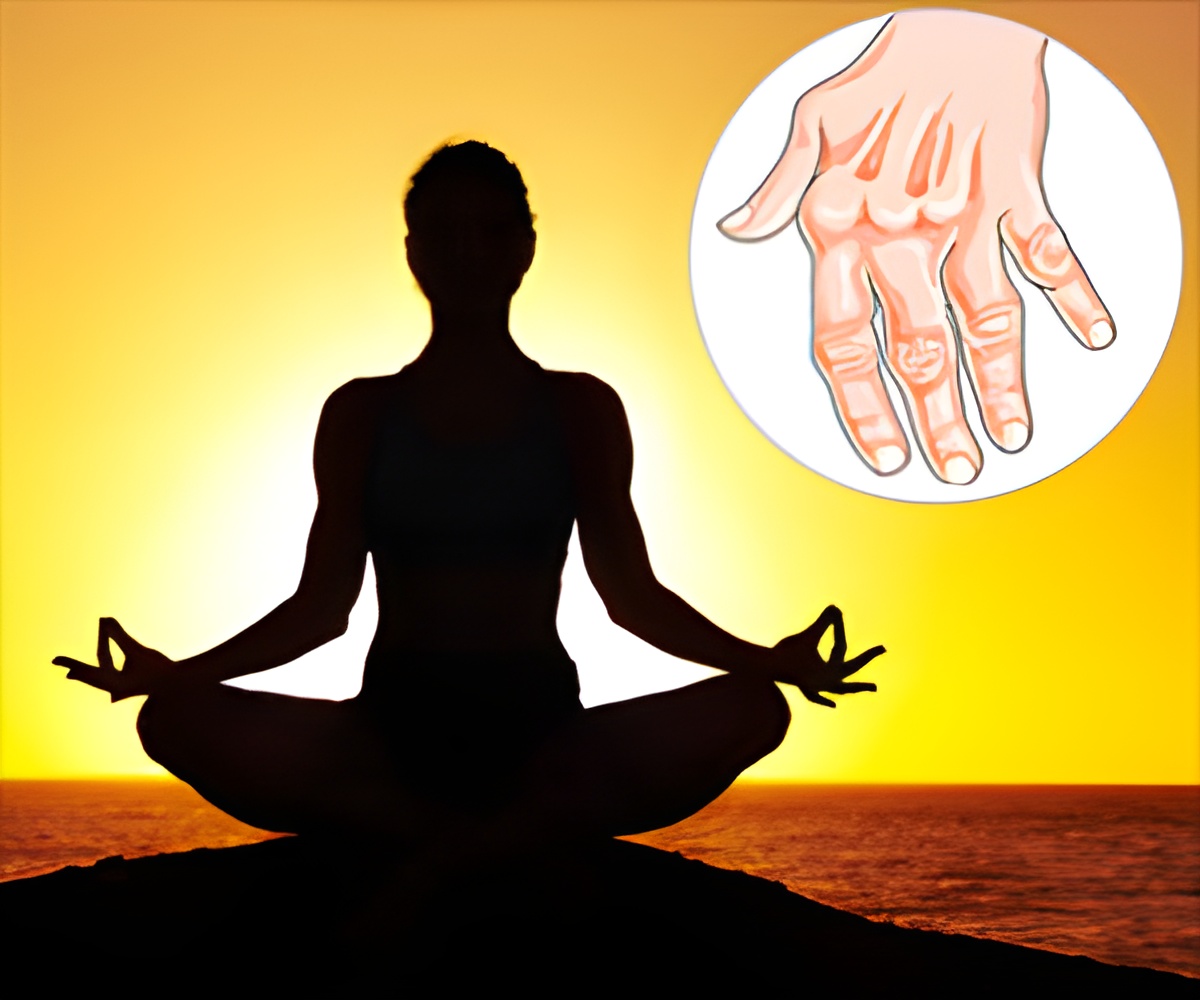Mindfulness exercises can help curb fatigue and stress associated with rheumatoid joint disease, shows study published online in the Annals of Rheumatic Diseases.

Half of them were randomly allocated to scheduled "mindfulness" exercises, which took place in 10 group sessions over a period of 15 weeks, plus a booster session around six months after the course had completed.
The sessions, which were facilitated by healthcare professionals trained in mindfulness techniques, addressed particular topics, such as recognising individual limitations, and strong emotions, such as anger, joy, and sorrow.
The exercises, which were part of the Vitality Training Programme of VTP, encouraged participants to become aware of, and deliberately concentrate on their feelings, thoughts and bodily experiences, including pain, without judging or trying to avoid them.
Participants were also given creative exercises, such as guided imagery, music and drawing, and shared their experiences with other members of the group.
The rest of the volunteers randomly allocated to the comparison group were given standard care plus a CD containing similar exercises for use at home, as and when they wanted.
Advertisement
In total, 67 participants completed all the assessments. These showed no differences in pain levels, disease activity or the ability to talk about feelings. But there were significant differences in levels of stress and fatigue.
Advertisement
There was, however, a tangible fall in measured levels of fatigue in the intervention group: no such change was evident in the comparison group.
There have been previous attempts to use psychological and educational tactics to help people with arthritis cope better with the distressing aspects of the disease, but they have tended to be short term, say the authors.
The lasting improvements found with the VTP course "indicate that the participants may have incorporated some mindfulness strategies into their daily lives and that these strategies have strengthened their ability to respond to their stressful experience in a more flexible way," they say.
The authors emphasise that while the treatment of rheumatoid arthritis has improved greatly, it is less effective in those with more established disease, and that ultimately the disease can only be partly controlled, forcing many patients to make very demanding lifestyle changes.
"There is therefore a need for complementary interventions that enhance individuals' health-promoting resources and help them adjust to their disease," they conclude.
Source-Eurekalert














